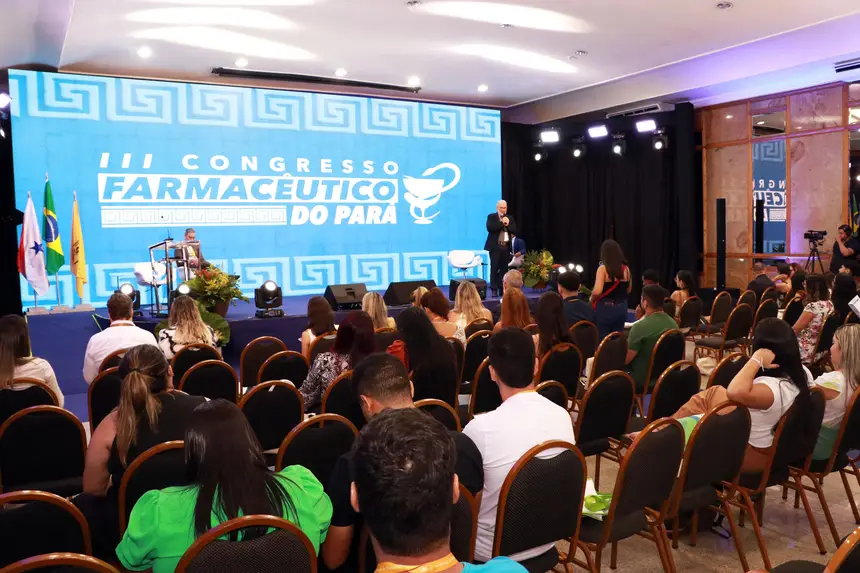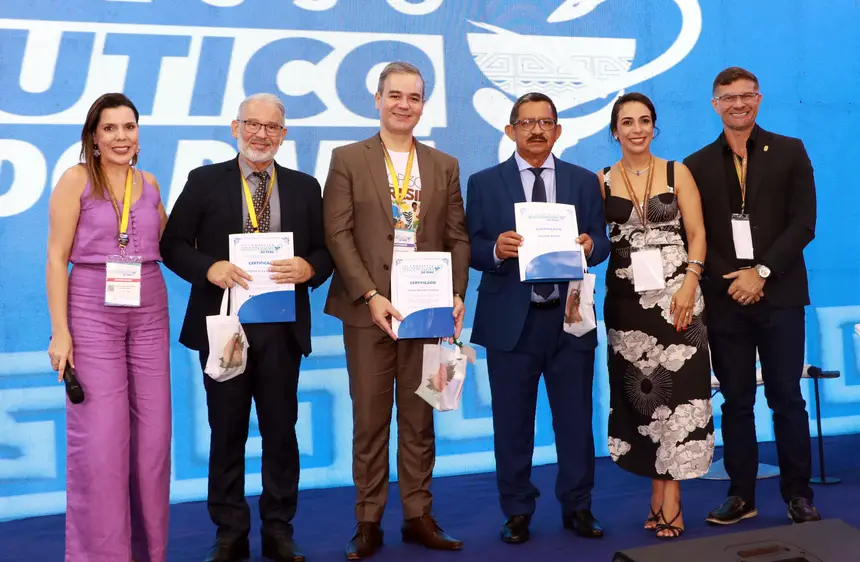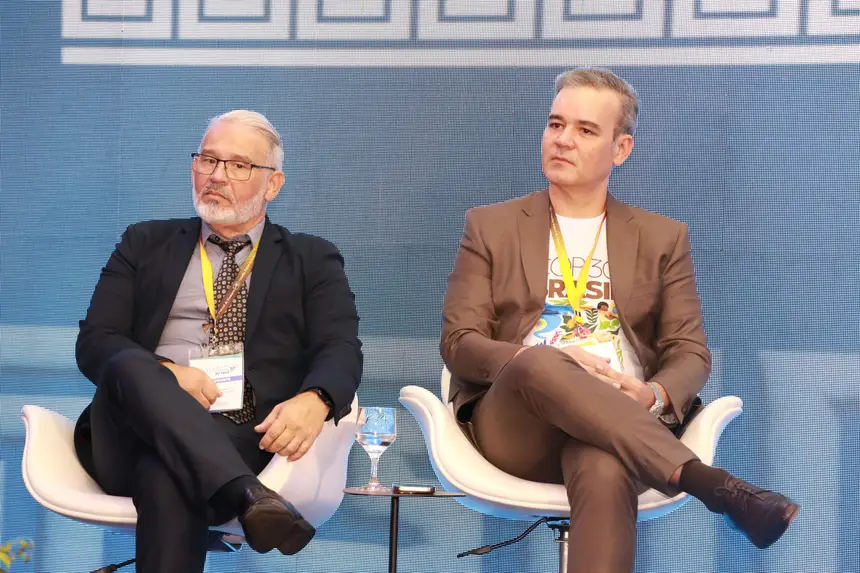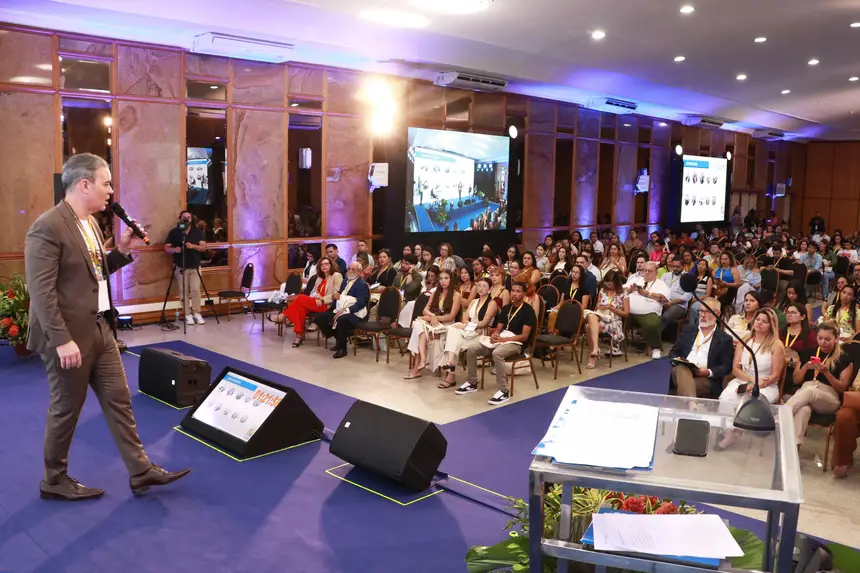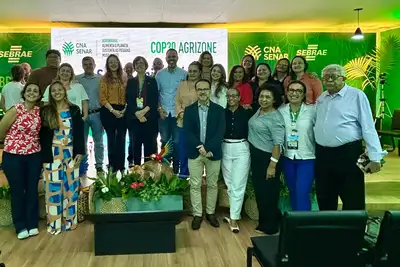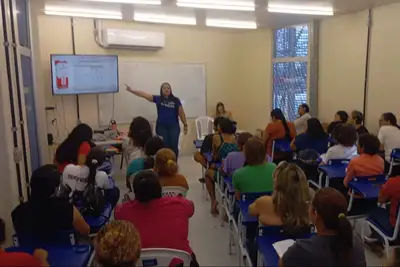Sespa reinforces commitment to public health at the III Pharmaceutical Congress of Pará
Event gathers more than 3,000 participants and highlights the role of the category in the face of public health challenges
The State Department of Public Health of Pará (Sespa) participated, this Friday (6), in the III Pharmaceutical Congress of Pará, reaffirming its commitment to strengthening the Unified Health System (SUS) and the leadership of pharmacy professionals in the face of contemporary public health challenges.
Promoted by the Regional Pharmacy Council of Pará (CRF-PA) in partnership with the Federal Pharmacy Council (CFF), the event takes place at the Sagres Hotel in Belém and gathers more than 3,000 participants, including pharmacists, researchers, managers, and students.
The program extends until this Saturday (7), with discussions on innovation, health care, sustainability, and the role of the category in public policies.
COP30 and the strategic role of pharmacists
One of the highlights was the round table “COP30 and the Role of the Pharmacist: Strategic Contributions to the State and Public Power,” which included the participation of the Deputy Secretary of Administrative Management of Sespa, Edney Mendes Pereira, state deputy Nilton Silva das Neves, and Edgard Fernando de Miranda Pereira Neto, representative of the CFF. The mediation was conducted by Pedro Chaves da Silva Jr.
During his speech, Edney Pereira presented Sespa's strategic planning for COP30, which will be held in Belém in November of this year. He detailed ongoing actions, such as strengthening the support care network, building a new hospital park in the capital, and coordinating between public and private networks for medical care during the event.
“COP30 will be held in an area with control, contingency, and security, requiring robust health preparation. The pharmacist is a fundamental link in this process, from the logistics of supplies to basic and emergency care,” highlighted the deputy secretary.
He also used a timeline to present the preparation phases and explained how the conference directly impacts public health and the routine of pharmacy professionals.
Text: Suellen Santos - Ascom Sespa




